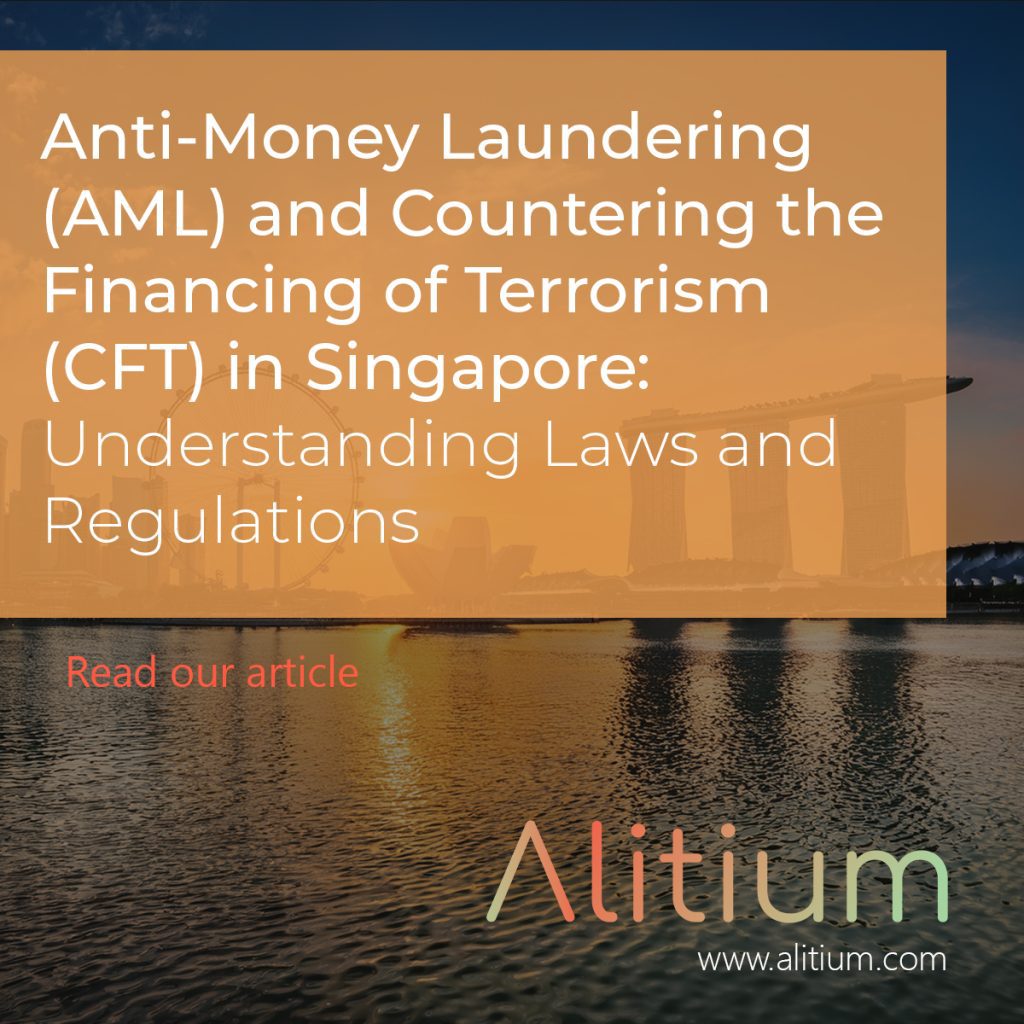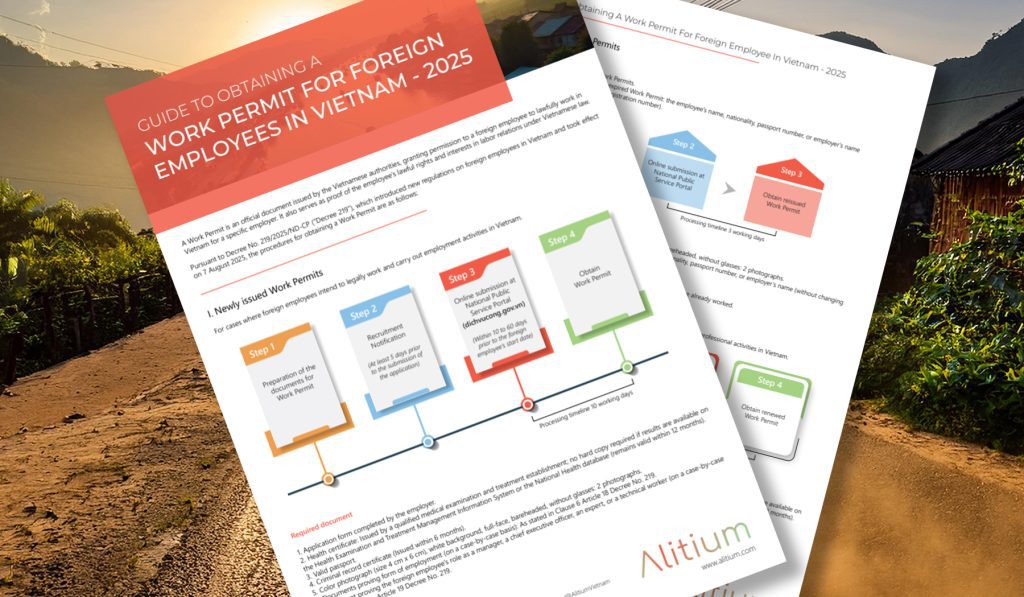As Vietnam continues to emerge as a key recipient of inbound foreign investment and stalwart in global supply chains, its appeal to foreign investors endures. With a sustained economic growth, and strong forecasts for continued growth above global averages, Vietnam still provides opportunities for foreign investors. However, navigating its unique business environment can be challenging. Here are the top seven reasons for transaction failures in Vietnam and strategies to mitigate these risks for foreign investors.
1. Inadequate Understanding of Vietnamese Regulations and Investment Laws
Vietnam’s legal and regulatory framework is complex and constantly evolving. Further, one investors experience and understanding can be significantly different for another. Foreign investors often struggle with grasping and complying with local laws and practices that are in place when they seek to undertake a transaction, often leading to significant compliance issues that can derail transactions.
The key here is to seek to understand regulatory requirements at the earliest opportunity, and then work to address any unclear or uncertain matters that arise. This can involve dealing with the relevant Ministries/Department for clarity or assistance, or working with vendors to develop alternate transaction strategies.
2. Insufficient Due Diligence
We commonly see investors that appear committed to a transaction, given the time and investment they have put into an opportunity, and as a result they can ignore the importance or implications arising from a formal due diligence process. Rushing into a transaction without comprehensive due diligence can result in unforeseen liabilities and hidden debts, significant related party reliances, unresolved legal or regulatory issues, overvalued assets and overstated profits.
A formal due diligence process (legal, tax and financial, at a minimum) undertaken by external parties without the emotional connection or investment is necessary to avoid deal failure at the last minute when surprises occur. The due diligence process in Vietnam should be commenced at an early stage, and be collaborative between vendor and purchaser.

3. Cultural Differences and Communication Barriers
Vietnamese business culture values relationships and trust. Misunderstandings or miscommunications, often due to language barriers or cultural differences, can lead to mistrust and failed negotiations, regardless how invested both sides may be with a transaction.
Having a plan to address cultural and language barriers is an important part of a transaction, and this may be necessary to apply down through a number of levels of management and not just with the board or investor group. When complications arise in a transaction process, this planning is invaluable to prevent cultural deal failure to derail endeavours.
4. Deal Structuring Challenges
Structuring a deal that aligns with Vietnamese regulations, the strategic goals of foreign investors, and the historic ownership structure of the existing vendor can be complex. Misalignment can lead to regulatory non-compliance or a misfit between the partners’ expectations.
There is a need to work closely, at an early stage, to develop a deal structure (or multi stage restructure) that considers tax implications for all parties, regulatory requirements, and long-term strategic objectives.
5. Unreliable Financial Reporting
Accounting standards and financial reporting practices in Vietnam differ from international norms. Further, private businesses often maintain multiple ledgers with versions for the tax authorities, lending institutions and personal versions. These can result in significant inaccuracies in financial statements, making it difficult to assess the true financial health of a business, especially with a change in control arising.
Although audits can assist, they are not by themselves a complete solution. Working with the vendor to understand the true financial processes applied, and then overlaying financial controls and reporting which align with international standards, will help to ensure transparency and accuracy prior to the transaction closing.
6. Corruption and Ethical Issues
Despite significant improvements, corruption and unethical practices can still pose challenges in Vietnam. Engaging with unethical partners or practices can lead to legal and reputational risks.
The best approach is to not lower the ethical and corporate standards of an investor regardless of the perceived economic and social position that the target holds within Vietnam. Adopting a zero-tolerance policy towards corruption and unethical practices allows for a transition prior to closing. Performing background checks on potential partners and insisting on transparency and integrity in all business dealings should be mandatory at all stages of discussion.
7. Market Volatility and Economic Uncertainty
Vietnam’s economy, while growing, is subject to volatility and external economic pressures. Fluctuations in exchange rates, inflation, input costs, and changes in economic or government policies can impact the viability of investments within sectors. A deal that appears attractive can quickly become unattractive, and investors need to keep these in mind with commencing with negotiations.
While Vietnam offers immense opportunities for foreign investors, understanding and navigating its unique challenges is crucial for transaction success. By acknowledging and addressing these common pitfalls, foreign investors can enhance their chances of successful ventures in this vibrant market. Engaging local expertise, conducting thorough due diligence, and fostering strong relationships will be key to unlocking the full potential of investments in Vietnam. With the right approach, the rewards can be substantial.
Phuong Vo is Managing Partner at Alitium Vietnam, providing market entry and professional support for foreign investors in Vietnam. Contact Phuong via Alitium.com for further assistance and advice.








